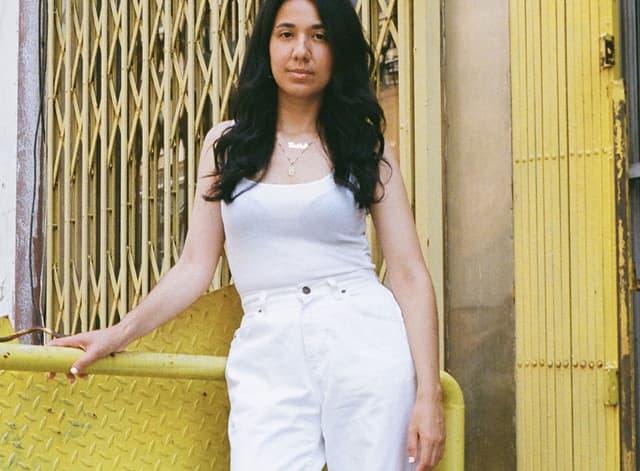Podcast

Erika Ramirez Wants to Learn About Love With You
February 14, 2022
Writer and producer Erika Ramirez (Rolling Stone, Billboard) is the founder of the digital magazine and creative agency ILY, which explores the overlaps between love and expression.